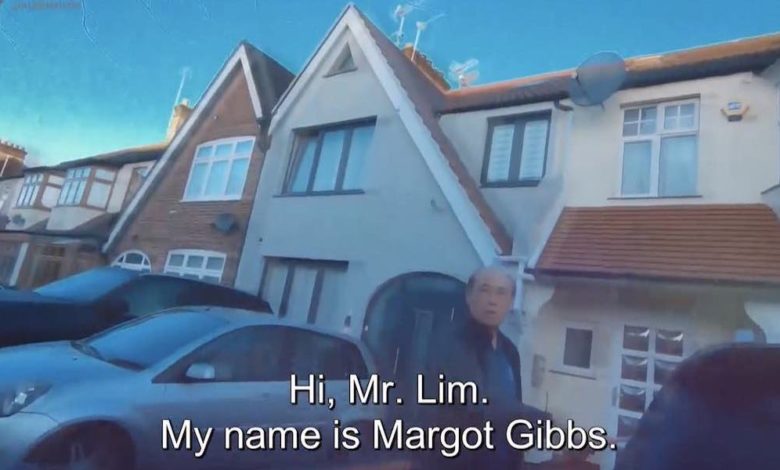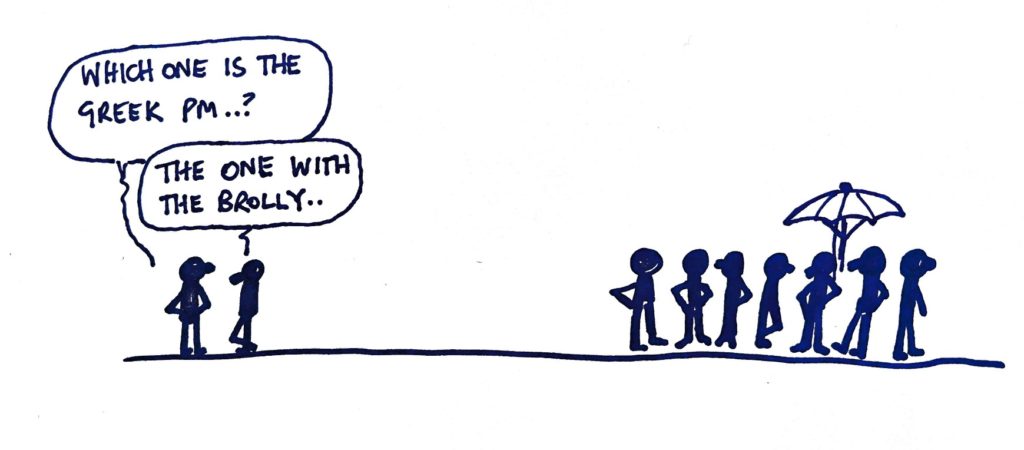Postscript to the Black Trail documentary

Kitack Lim drives a Kia, and other revelations. Alisdair Pettigrew, managing director of communications consultancy BLUE, on the takeaways from this week’s most watched shipping documentary.
So we all now know. Shipping’s biggest secret is out. Who knew Kitack Lim drives a Kia?
As well as revealing the IMO’s secretary-general’s motor of choice, the European documentary Black Trail – a journey through what its makers view as shipping’s damming record on climate change – was unusual, in other ways. Not only as it represented a rare occasion where journalists from outside shipping cast a critical eye on the industry, but also as some of shipping’s most prominent actors were unceremoniously humbled into embarrassment, Mr Lim included. It also revealed shipping’s murkier side.
The documentary concludes with Mr Lim being ‘doorstepped’ by an investigative journalist, equipped by what appears to be a hidden camera; the frustrated culmination of weeks of blank responses from IMO for an interview with its secretary general. Mr Lim is at first dismissive, but then an interesting thing happens. He seems to distance himself from the journalist’s suggestions that IMO and shipping had failed the younger generation when it came to the climate crisis. “I like it [what you are doing], but I cannot disclose what is in my heart.” What does he mean? Has the head of shipping’s UN governing body said he disagrees with shipping’s pace of change?
Has the head of the IMO just said he disagrees with shipping’s pace of change?
The Black Trail victims don’t stop there. From doorstepping to another classic investigative tactic that many of us more often synonymise with attempts to hoodwink members of organised crime or fraud artists – the ‘he said, she said’ slam dunk. The Greek shipping minister Ioannis Plakiotakis, (the self-proclaimed ‘most important minister worldwide, in terms of shipping’), is asked to view a previously recorded video of prominent Greek shipowner Panos Laskaridis. In the video, Mr Laskaridis makes the startling proclamation: “People who are in shipping don’t need the Greek government, don’t need the ministry, don’t need the IMO, don’t need the prime minister. They can shit on the prime minister”.

Mr Plakiotakis’s anger and embarrassment is evidenced in his expression, but also by his team’s vocal dressing down of the documentary team after the interview. You couldn’t make it up! My Netflix binge watch was firmly on hold.
But there are also serious lessons we can take from Black Trail. We have a fantastic array of global media covering the shipping industry – many of whom hold the highest journalistic standards – that often ask questions of the industry. But, ultimately they have been established to report on the industry, work within it, and are paid for by the industry.
As shipping is increasingly scrutinised from the outside looking in, we should expect more of the same tactics we witnessed in Black Trail. And why not? It means that our industry, so often characterised as ‘opaque’ is having to become transparent. The old rules of engagement don’t apply. As a PR and brand professional I can’t for the life of me understand why IMO didn’t arrange an interview with the documentary makers. That would have provided the opportunity to plan and manage an interview with Mr Lim ensuring the right message was conveyed. Unless, that is, they have something to hide, or they simply don’t understand the intricacies of reputation management.
And as for Mr Laskaridis, whose brother has even distanced himself from his comments; he is surely recognising now that words have influence, that brand and reputation have real value, and that being open – as part of a coordinated, coherent communications approach – applies just as much in shipping as it does in so many other sectors.
As outside influences glaring at the industry increase; think of the banks that form the Poseidon Principles, or the consumers driving behavioural change at IKEA and Volkswagen, which in turn pressurise their shipowners. We should welcome this new level of scrutiny in our sector. It just might lead to a more transparent and progressive industry as we tackle the significant twin challenges of decarbonisation and digitalisation. After all, wouldn’t we all love to know what is truly in Mr Lim’s heart?

Contrary to the allegations that IMO refused an interview, the documentary makers were repeatedly offered written answers to their questions – which they repeatedly declined.
The EVER GIVEN incident paradoxically raised shipping’s profile in a positive way- even mainstream non-biz news in the States is moaning/ groaning re supply chain back-ups (not shipping’s fault by the way, look at sluggishness on the land side, instead) and stressing the importance of the supply chains. This fresh attention presents an opportunity. Also, shipping industry should look carefully at how Big Oil got whacked in recent days; Big Oil can’t fight off the green winds of change. Shipping surely can’t either and will continue to be in the cross hairs. So there is an old cliche’ “the other side of challenge is opportunity”, or something like that- my apologies to purveyors of proverbs. While I would prefer not to use words like “reputation” and “branding” (will get out my writers guide to synonyms), I would say that shipping really needs to get much more on the offensive and into the public eye in a matter-of-fact way, stressing its importance to everyone’s lifestyles, including journo’s trying to attack us. Again…there is a big opportunity here for all of us.
Guys from the NEW YORK TIMES are climbing aboard now:
https://www.nytimes.com/2021/06/03/world/europe/climate-change-un-international-maritime-organization.html